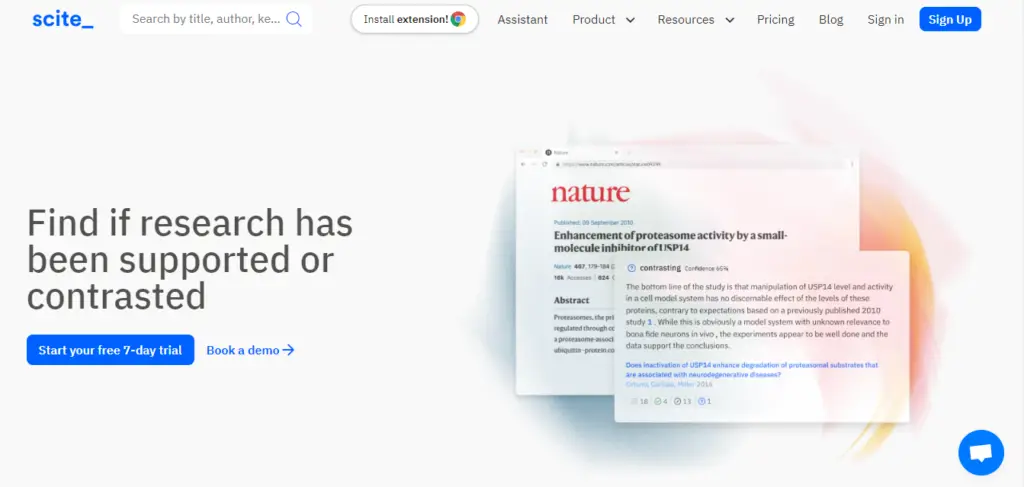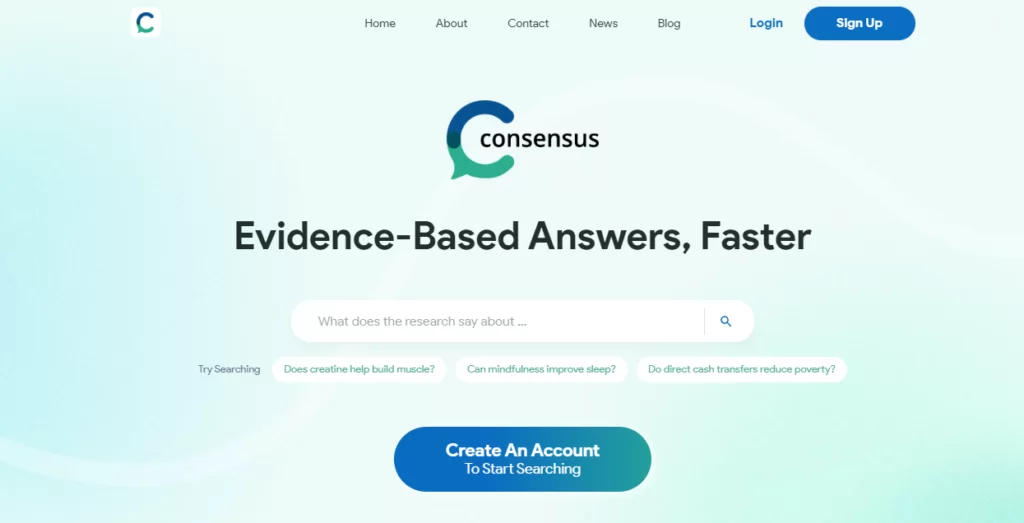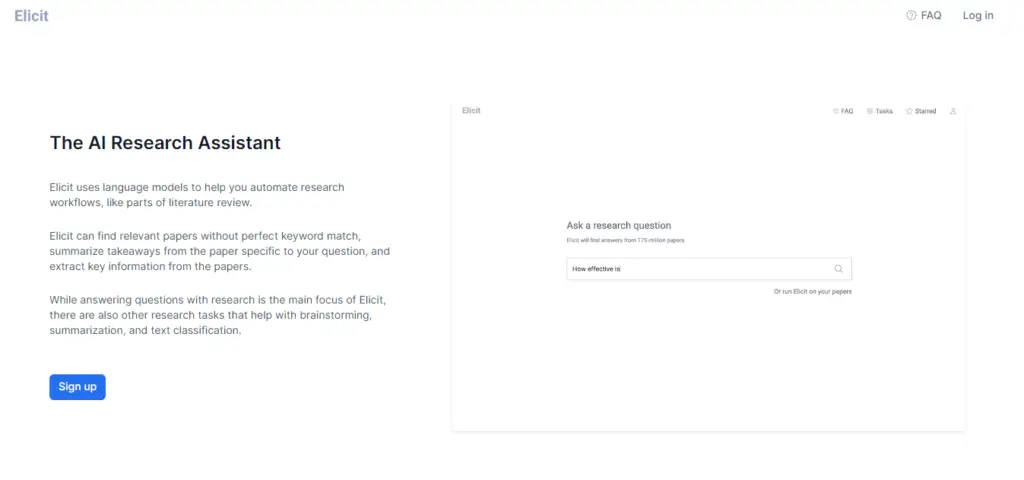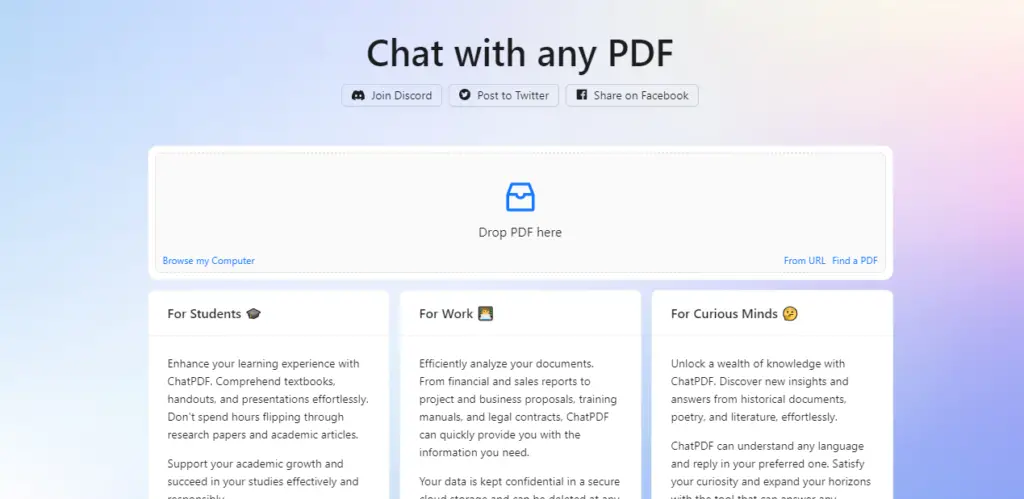Top 7 Artificial Intelligence (AI) Tools in Scientific Research 2024
AI Software tools for Scientific Research: To write Research paper, Journal publication, Thesis writing, Data analysis, Plagiarism, and Grammer Check
Artificial intelligence (AI) is rapidly transforming the way we live and work, and scientific research is no exception. AI tools are being used to automate tasks, analyze data, and generate insights in ways that were not possible before. This is helping researchers to make faster progress, achieve breakthroughs, and improve the quality of their work.
AI has revolutionized numerous industries, and scientific research is no exception. By harnessing the power of AI, PhD scholars, and scientists can streamline their research processes, enhance data analysis, and accelerate discoveries.
In this article, we will explore several remarkable AI tools that have proven to be invaluable assets for researchers. Whether you’re conducting experiments in the lab, writing scientific articles, publishing in journals, or working on your thesis or dissertation, these tools can greatly enhance your efficiency and productivity.
Unlock the potential of Artificial Intelligence - AI Tools in Scientific Research for enhanced data analysis, efficient research paper writing, journal publication, and thesis writing. Discover how these tools streamline data analysis, provide plagiarism and grammar checks, empowering researchers in their quest for groundbreaking discoveries.
Artificial Intelligence (AI) Tools in Scientific Research: Revolutionizing Discovery and Efficiency
There are some AI tools available to help researchers with their work. Here are a few of the most popular:
1. Scite Assistant

Scite Assistant is an AI-powered research tool that helps researchers to find, read, and understand scientific literature. It can automatically extract key information from papers, such as the research question, methods, results, and conclusions. Scite Assistant can also help researchers to identify relevant papers, track their progress, and collaborate with others.
Visit Scite Website
Also Read: Scite – A Free Smart Citations Tool for Better Research
2. Consensus

Consensus is an AI search engine that helps researchers to find relevant research papers. It uses machine learning to identify papers that are likely to be relevant to a given research question, even if they do not use the same keywords. Consensus also provides summaries of each paper, making it easy to assess their relevance.
Visit Consensus Webiste
3. Elicit

Elicit is an AI research assistant that helps researchers to brainstorm, research, and write. It can generate ideas, find relevant information, and help to structure arguments. Elicit can also be used to create presentations and posters.
Visit Elicit Website
4. ChatGPT

ChatGPT is an AI chatbot that can be used to generate text, translate languages, and answer questions. It can be used by researchers to get feedback on their work, find information, and collaborate with others.
Visit ChatGPT
How to Use ChatGpt to Write a Scientific Research Paper?

Detecting ChatGPT-Generated Research Articles: The Power of AI Detection Tools
How to Use ChatGPT to Read Research Articles -Trending Now!
10 Tips to Quickly Publish Research Article with ChatGPT
Google Bard vs ChatGPT: Which One Should You Use?
5. ChatPDF

ChatPDF is an AI tool that can help researchers to understand PDF files. It can automatically extract text from PDFs, translate languages, and answer questions about the content. ChatPDF can be used to save time and improve the accuracy of research.
Visit ChatPDF
6. Research Rabbit

Research Rabbit is an AI tool that helps researchers to manage their research. It can track citations, create bibliographies, and generate summaries of papers. Research Rabbit can help researchers to stay organized and make better use of their time.
Visit Research Rabbit Website
7. SciSpace

SciSpace or Typeset.io is an AI-powered platform that helps researchers to publish their work. It provides a one-stop shop for everything from manuscript submission to peer review to publication. SciSpace can help researchers to save time and get their work published faster.
Visit SciSpace Website
How AI Tools Can Help PhD Scholars and Scientists
AI tools can be a valuable resource for PhD scholars and scientists at all stages of their research. They can help to:

- In the lab: AI tools can be used to automate tasks, such as data collection and analysis. This can free up researchers to focus on more creative and strategic work.
- Writing research articles: AI tools can be used to help researchers to brainstorm, write, and edit their work. They can also be used to generate citations, create bibliographies, and check for plagiarism. It will help you to write a research article.
- High IF Journal publication: AI tools can be used to help researchers to find relevant journals, submit their papers, and track their progress through the publication process. It will help you to publish in high-impact factor journals.
- Streamlined Experimentation: AI tools assist in designing experiments, optimizing parameters, and automating data collection, saving time and reducing human errors.
- Advanced-Data Analysis: These tools provide sophisticated algorithms for data analysis, enabling researchers to uncover patterns, identify trends, and derive meaningful insights from complex datasets. It will help you to analyze data efficiently.
- Literature Review and Paper Writing: AI-powered tools can aid scholars in conducting comprehensive literature reviews, generating summaries, and organizing references, facilitating the writing process.
Step-by-Step Guide: How to Use ChatGPT to Write a Literature Review With Prompts
- Journal Publication: AI tools help researchers identify suitable journals, check manuscript compatibility, and provide language editing suggestions, improving the chances of successful publication.
- Thesis or Dissertation Writing: AI tools can be used to help researchers to write their thesis or dissertation. They can help to organize the research, grammar check, plagiarism check, generate ideas, and write a clear and concise argument. It will help you to write your thesis and dissertation efficiently.
ChatGPT prompts to write a PhD Thesis
Final Takeaway
AI tools are a powerful new tool for scientific research. They can help researchers to save time, improve their work, and make faster progress. If you are a PhD scholar or scientist, I encourage you to explore the many AI tools that are available. You may be surprised at how much they can help you.
Also Read: How to Use ChatGPT for Formulating Clear Research Questions?





